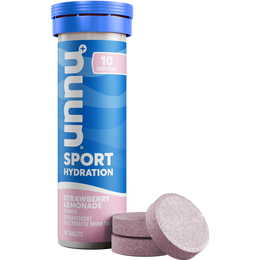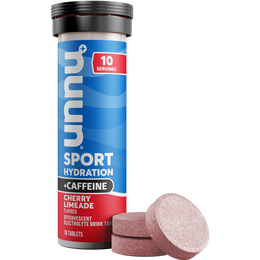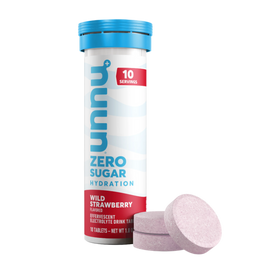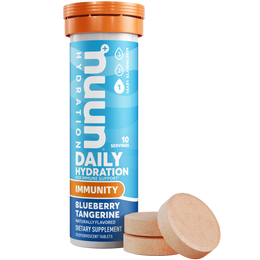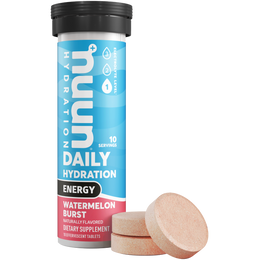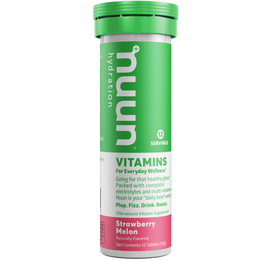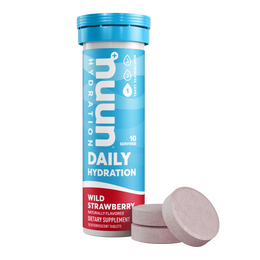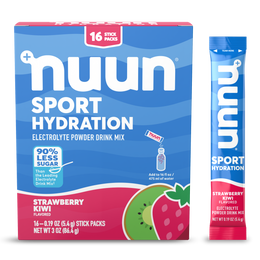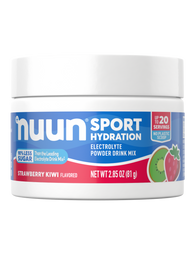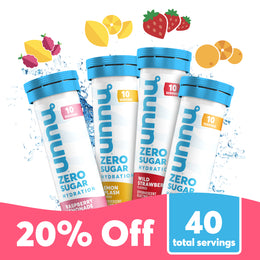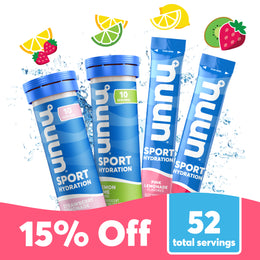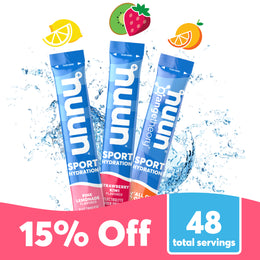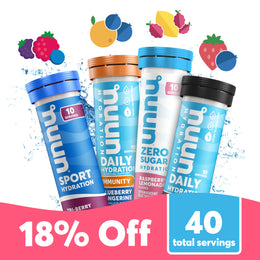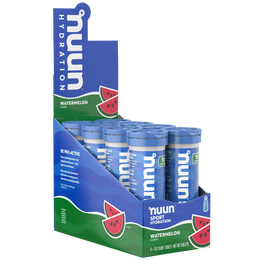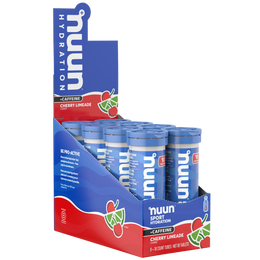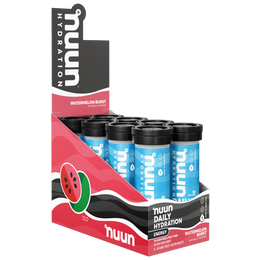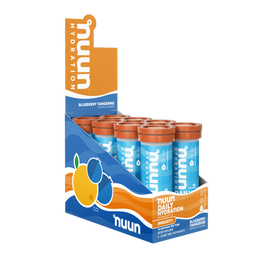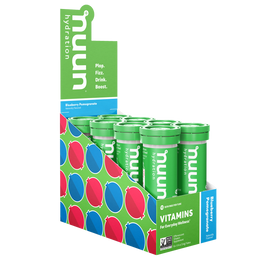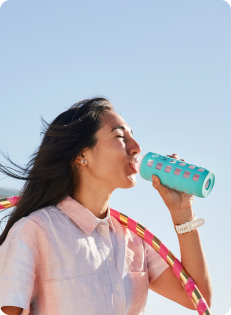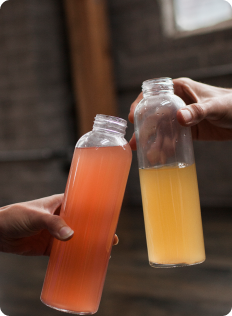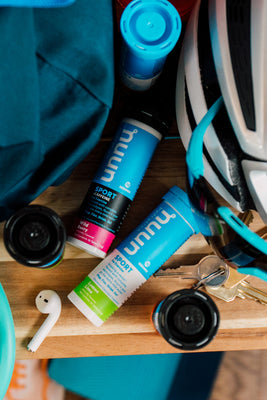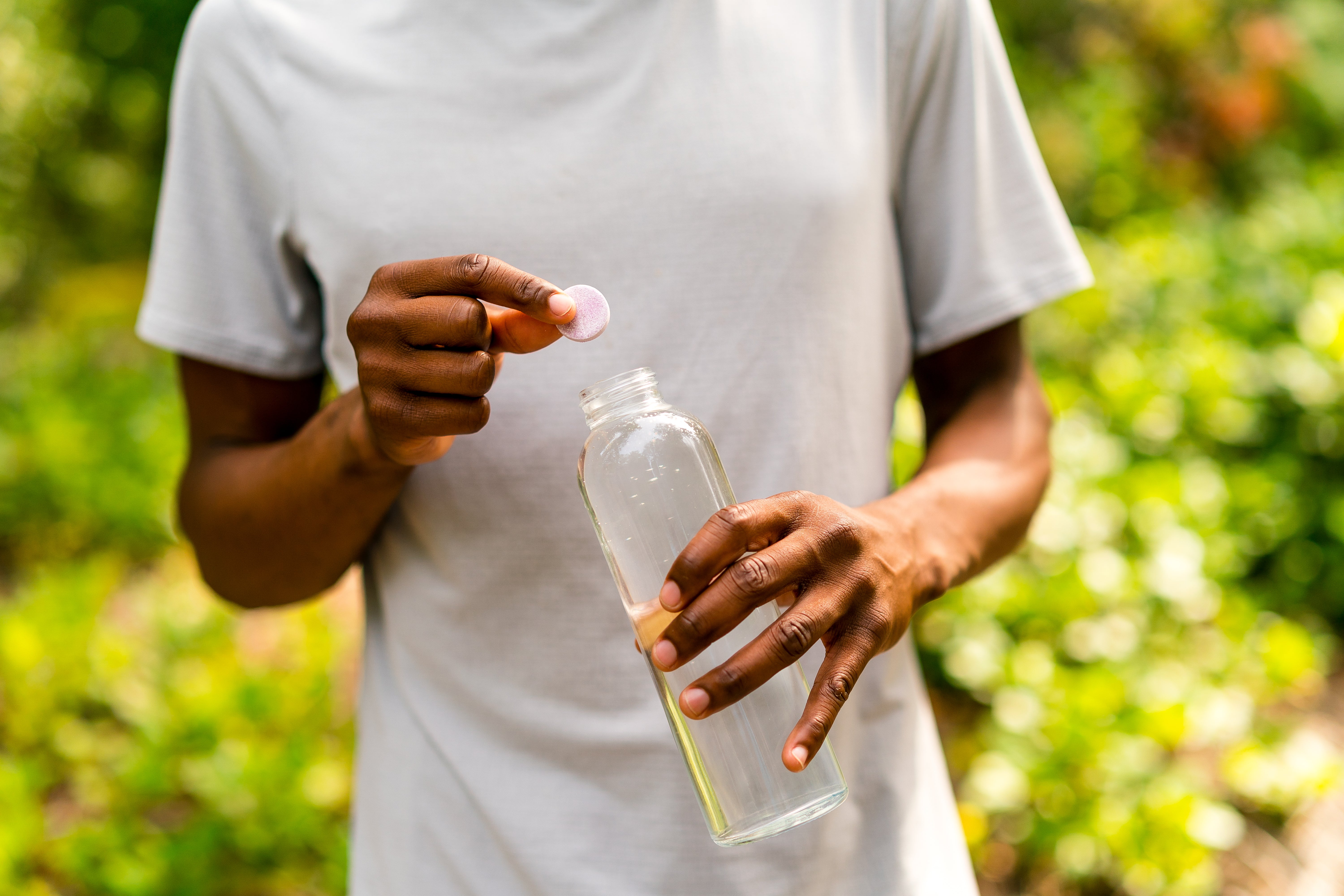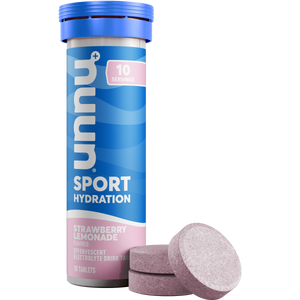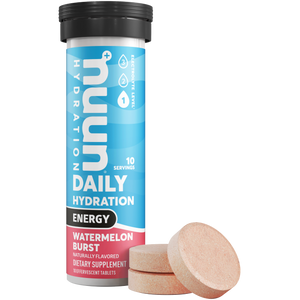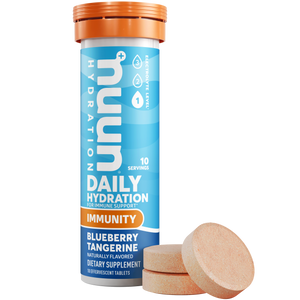Here at Nuun, we’re all about hydration. But what about the other ways that water can benefit the body? Today’s blog looks at two of the most common aquatic therapies practiced today: hot baths and cold showers. Let’s dive right in!
Health Benefits of Hot Baths
The association between warm waters and wellness can be traced back to the days of the Roman Empire—if not earlier! Temples and towns were built around naturally occurring hot springs, and people regularly made pilgrimages to bathe in the mineral-rich waters. The town of Bath, England is home to a Roman bathing complex that was constructed in 70AD. While this complex was primarily used for bathing and socializing, doctors in the 1500’s would prescribe a warm bath for over sixty different disorders.1
Why Take a Hot Bath?
But what are the actual health benefits of a nice hot bath? Probably not as many as the regency-era physicians would have hoped. However, many benefits to bathing do exist.
Some include: a reduction of joint pain and inflammation, core temperature regulation, and a reduction in stress and anxiety.2 However, one study showed that taking a hot bath after exercise (as opposed to a warm or cold bath) can produce a significant improvement in explosive strength and reduction of overall muscle soreness.3
Heat is generally associated with relaxation, which is crucial for those necessary recovery days. A hot bath after exercise helps to dilate blood vessels, which aids in the delivery of oxygen and nutrients to sore muscles, promoting faster healing. What’s more, a soak in a hot bath can help to reduce muscle spasms and improve sleep quality.
Are There Benefits of Epsom Salts?
One popular ingredient in some health-conscious bathers’ tubs is Epsom salts. While some athletes swear by the inflammation-reducing properties this practice is purported to have, there is very little scientific evidence to suggest that the benefits of an Epsom salt bath are greater than a regular bath of the same temperature.
Epsom salt is made of magnesium, and athletes may choose Epsom salt baths in hopes of increasing magnesium levels and soothing sore muscles. While scientific support for topical exposure to magnesium is scarce, they can help any blisters on your feet to heal.4 Magnesium helps to reduce inflammation in the endothelial layer of the skin, the layer of skin below the epidermis which contributes to blood flow, wound healing, and tissue repair.
Take Care While Taking a Hot Bath
One common mistake is taking a hot bath that’s too hot. Not only can this cause discomfort and even damage skin, but it can also increase or aggravate inflammation. An ideal bath temperature should be one in which you can comfortably sit-down in.
Pro Tip: Test the temperature of your bath with your elbow—not your hand! Your hand isn’t as temperature sensitive as the rest of your body and might feel comfortable in water that is still too hot to enter.
Health Benefits of Cold Showers
For most people, cold showers are a dreaded experience or exclusively reserved for hot summer days. However, the people who take cold showers every day swear by their benefits. What benefits could be worth enduring the agony of an icy blast from the showerhead, you ask?
If you’re not already wide awake when you step into your cold shower, you will be shortly. The cold water causes an increase in both heart rate and oxygen intake which perks you right up. The shock of cold water can even stimulate the creation of blood cells that fight off infections, which may boost your overall immunity!5
Some beauty gurus swear by cold showers as being better for skin and hair. While anecdotal evidence is positive, there aren’t enough scientific studies to be able to say for sure. However, cold showers have been shown to calm itchy skin conditions or at least alleviate the desire to scratch the skin.
Cold Showers and Recovery
Cold showers (and ice baths) are often used in sports medicine for the treatment of swelling, inflammation, and injuries.6 An abrupt introduction to cold water (via a cold shower or cold plunge) makes your body go into survival mode as it works to maintain its internal temperature. This stimulates circulation, redistributing freshly oxygenated blood to areas in your body that need to recover after exercise, which may help to decrease your recovery time.5
When you exit a cold shower, ice bath, or cold plunge, your body will start to heat up, which makes your previously constricted blood vessels rapidly expand. This helps to flush out inflammation and reduce muscle soreness.5
Cold Therapy Considerations
A word of caution before you begin finishing your workouts with a cold shower or ice bath: if you’re not used to taking a cold shower don’t jump in the proverbial deep end. Start with short bursts of cold water at the beginning and end of your usual shower and gradually build up a tolerance to the cold. Doctors recommend starting with 30 seconds of cold water.5
Don’t take cold showers when you’re sick. Your body is already working hard to maintain proper core body temperature and the extra effort of warming you up after a cold shower isn’t a good use of your energy. It is important after a cold shower to always give yourself time to dry off thoroughly before going outside in cold weather—even if that wonderful alert feeling makes you want to tackle your day right away!
So, Hot vs Cold?
Ultimately there are benefits on both sides of the faucet dial. The important thing is to practice either method of hydrotherapy safely. That means keeping your baths at a safe temperature and your cold showers to a reasonable length.
In general, if you’re looking to wake up or refresh yourself right after a workout, a cold shower is your best bet. If you’re looking to relax, unwind, and soothe tired muscles, a hot bath is the way to go.
Looking for more ways to relax? Consider Nuun Rest—a magnesium-rich drink designed to support the body’s natural relaxation functions and support recovery after physical activity.*
